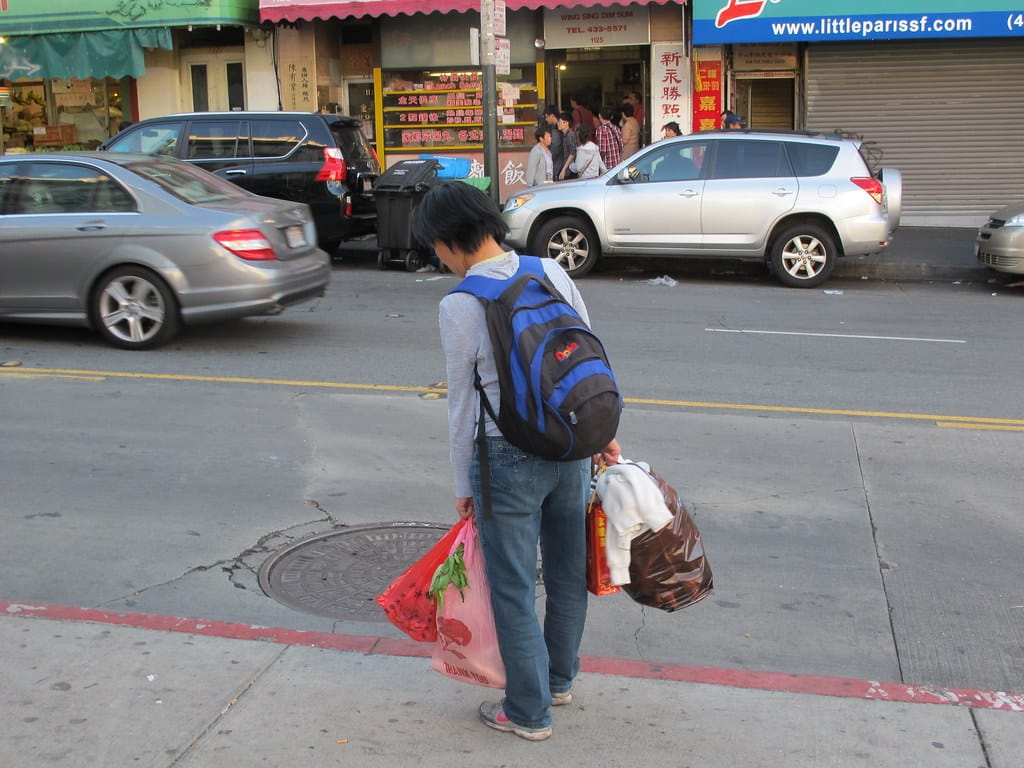Plastic Bag Bans Prove Their Worth: New Study Shows 70% Reduction in Shoreline Litter
A comprehensive new study has delivered compelling evidence that plastic bag bans work exactly as intended, with researchers documenting a dramatic 70% reduction in plastic bag litter along shorelines where bans have been implemented. The findings provide crucial ammunition for policymakers weighing environmental regulations against business concerns.
The Numbers Don't Lie: Dramatic Reductions Across Multiple Regions
The peer-reviewed study, published in Environmental Science & Policy, analyzed litter data from over 200 coastal cleanup sites across six countries before and after plastic bag ban implementations. The results were striking: areas with comprehensive plastic bag bans saw plastic bag litter drop by an average of 72% within two years of implementation.
California's experience offers a particularly compelling case study. Since implementing its statewide plastic bag ban in 2016, the Golden State has seen plastic bags drop from 7.4% of all litter collected during coastal cleanups to just 2.1% in 2023. That translates to approximately 3.2 million fewer plastic bags polluting California's beaches annually.
"We're seeing the policy work exactly as environmental advocates predicted," said Dr. Sarah Martinez, lead researcher at the Ocean Conservation Institute and the study's primary author. "The correlation between ban implementation and litter reduction is clear and statistically significant across every region we studied."
Beyond the Beach: Broader Environmental Impact
The study's implications extend far beyond coastal aesthetics. Plastic bags are among the deadliest forms of marine debris, with sea turtles, dolphins, and seabirds frequently mistaking them for food. The material's tendency to break down into microplastics creates additional long-term environmental hazards that persist in the food chain for decades.
Marine biologist Dr. James Chen, who contributed to the research, noted that the bags collected during cleanup efforts represent only a fraction of the total environmental impact. "For every bag we find on a beach, there are likely dozens more in the water column or already broken down into microplastics," Chen explained.
The study also tracked wildlife rescue data, finding a 45% reduction in marine animal injuries and deaths attributed to plastic bag ingestion in regions with established bans.
Economic Arguments Take a Back Seat to Environmental Evidence
Critics of plastic bag bans have long argued that such policies impose unnecessary costs on businesses and consumers while delivering questionable environmental benefits. However, this new research significantly strengthens the environmental case for such regulations.
The study's economic analysis found that while businesses initially faced modest costs for alternative bag supplies, these expenses were largely offset by reduced waste management costs at the municipal level. Several cities reported savings of $50,000 to $200,000 annually in beach cleanup and waste processing expenses following ban implementation.
Global Momentum Building
Currently, over 140 countries have implemented some form of plastic bag restriction, with momentum accelerating in recent years. The European Union's single-use plastics directive, which took effect in 2021, has already shown measurable results according to the study's European data sets.
Even in regions without comprehensive bans, the research identified significant litter reductions in areas with plastic bag fees or partial restrictions, though these measures proved roughly 40% less effective than complete bans.
What This Means for Future Policy
The study's findings arrive at a crucial moment for environmental policy. With microplastics being detected everywhere from human bloodstreams to Arctic ice, the pressure for effective plastic reduction strategies continues to mount.
"This research provides policymakers with the concrete evidence they need to move forward confidently with plastic bag legislation," said Dr. Martinez. "We're not talking about theoretical environmental benefits—we're documenting real, measurable improvements in ecosystem health."
The Path Forward
As more jurisdictions consider plastic bag restrictions, this study offers a roadmap for effective implementation. The research suggests that comprehensive bans with adequate enforcement mechanisms deliver far superior results compared to partial measures or voluntary initiatives.
The data is clear: plastic bag bans work. For coastal communities grappling with marine debris, for wildlife struggling with plastic pollution, and for policymakers seeking evidence-based environmental solutions, this study provides the definitive answer. The question is no longer whether plastic bag bans are effective—it's why any coastal jurisdiction would choose to delay implementation.
The complete study, "Effectiveness of Plastic Bag Bans in Reducing Marine Debris: A Multi-National Analysis," is available in Environmental Science & Policy, Volume 145.
